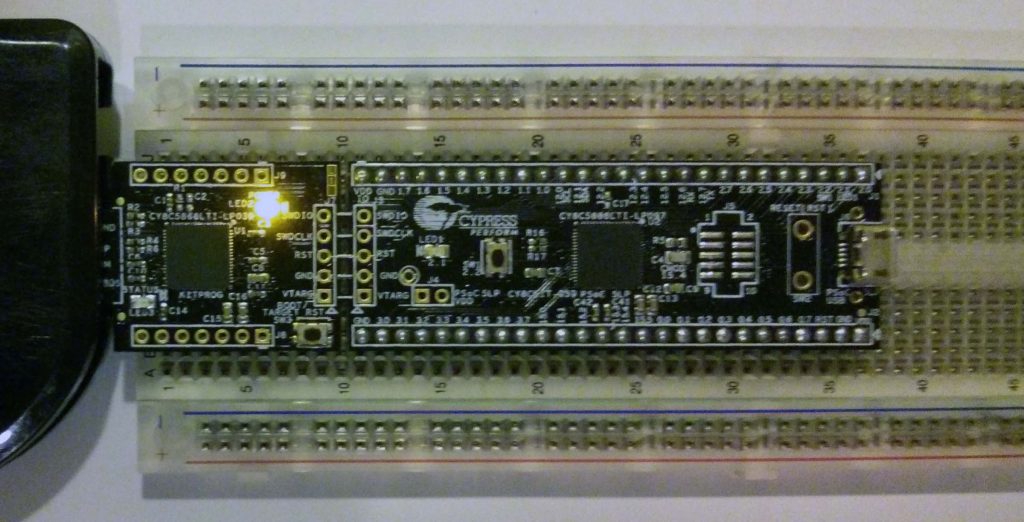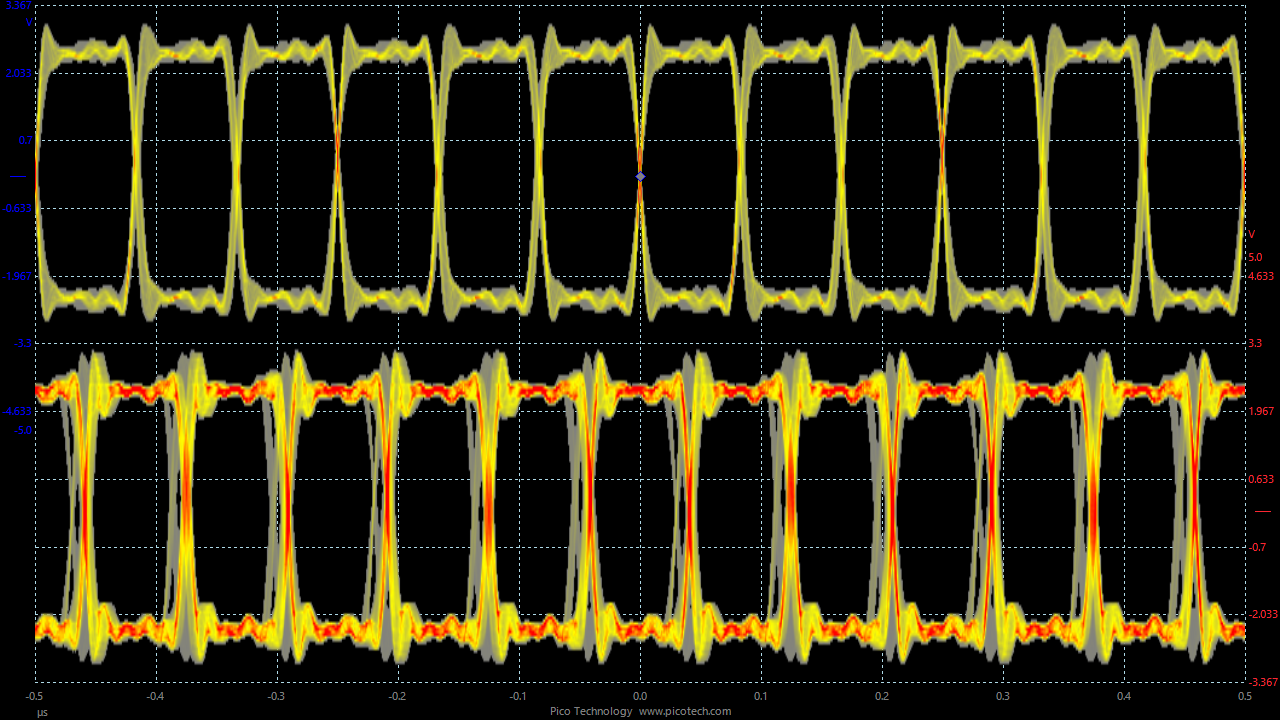March 19, 2023 – Initial
I get asked pretty often about how to get into FPGA design or how to become a good or even great FPGA developer. Since I get asked quite often, I decided to put my thoughts down here instead of typing it out again and again forever. I hope what I write here will help you on your journey. I think some of the content might be useful to non-FPGA developers even though I don’t really plan for it to be as such.
This article is meant for readers who have already made it through their first FPGA course, maybe they are in a masters program or they might be in the first few years of their new job as an FPGA developer. It is not really meant for beginners but might be useful for them none the less.
Continue reading Growing as an FPGA Developer

